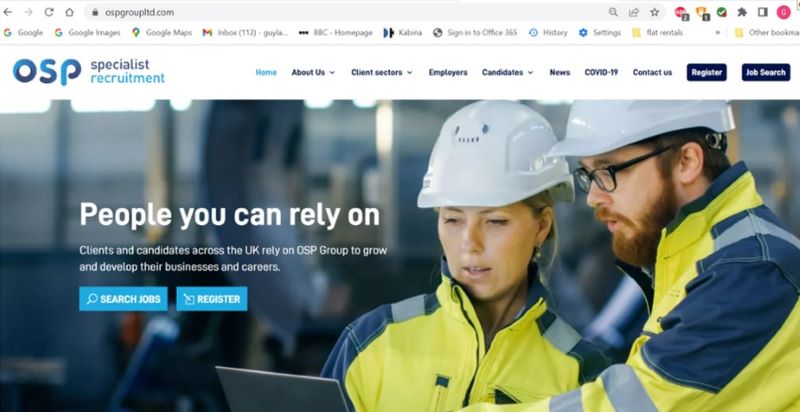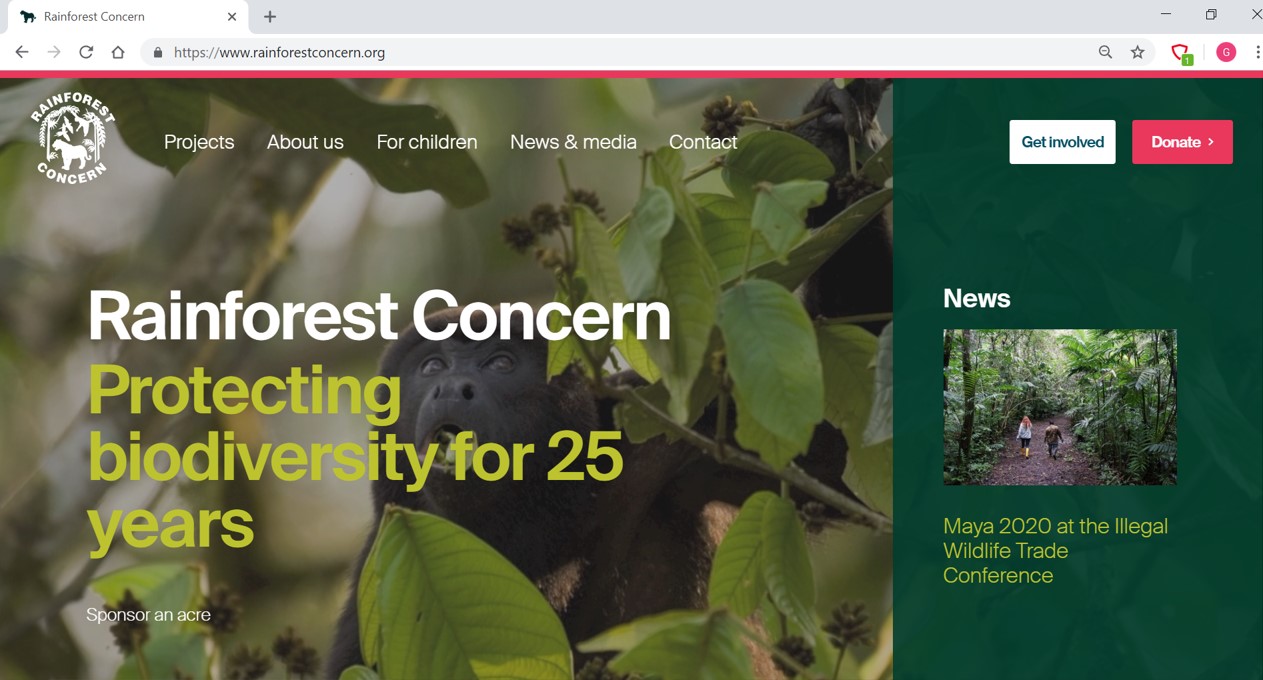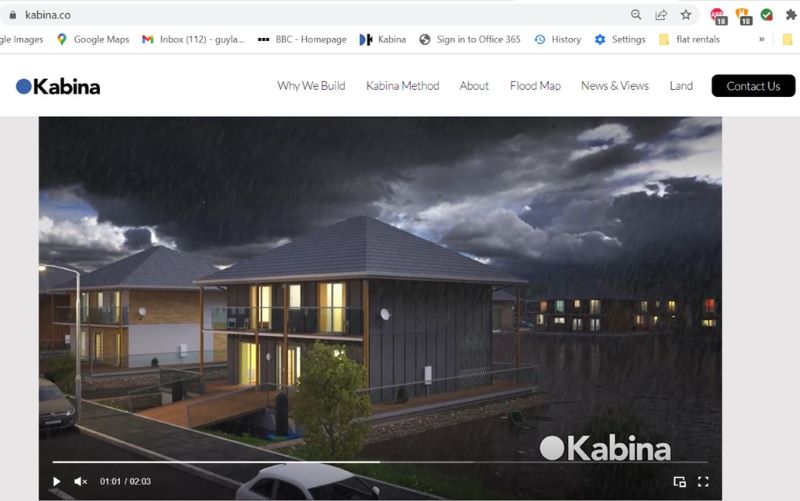Fresher thinking
Clients face great challenges so it is time for us to give them truly fresh thinking.
GuyLaneCorp is a new corporate marketing and communications consultancy providing clients with senior guidance based on sound judgment and expert project execution.
Our team consists of proven professionals with experience across sectors and borders. They cover all the key disciplines and span traditional and digital channels.
The team includes consultants, creatives and project managers who produce tactical campaigns and strategic programmes.
Our track record is in making our clients very special in their chosen markets.
We focus on agreeing a robust and compelling positioning for our clients and this serves as the platform for all our work.
Special brands
We strip back all the assumptions and conjectures around a brand to reveal the essence. We conduct this process in one-to-one meetings and/or in team workshops.
We identify the key and fundamental truths about an organisation and define its current and desired shape.
Our conclusions enable us to create a brand platform which sets out clearly the brand’s purpose, personality, principles and positioning.
Special brand assets
We advise on, and produce, compelling corporate brand content based on insightful thinking and creative excellence. This includes memorable and distinctive brand identities and the complete suite of stakeholder communications that meets clients’ objectives and engages audiences.
Engagement with stakeholders
We provide clients with communications strategies and conduct programmes designed to change the way target audience groups think and act.
What you can expect
We believe in the value and importance of professional standards. We’re passionate about creative excellence and recognise that the best work can only happen when the clients want it to happen. We spend time and energy on working with you to define the task and making sure our consultants and creatives are given a well-researched and clear brief.
We then seek to get full support for the story we want to tell, the positioning and theme that will command attention and provide the platform for communications.
We give the best and frank advice, always.
We’re clear and upfront about the estimated, full budget and costs for any project.
We keep clients informed at every step and like to have regular meetings and regular calls rather than relying on email.
Above all we produce the best possible work. Ultimately, it’s about making our clients very special... and much more valuable.
Clients
The team has worked on corporate projects at previous agencies for major international companies such as American Express, Carrefour, Coca-Cola, Eli Lilly, EuroChem, Old Mutual, Orange, Siemens and Xstrata. The team also has considerable experience advising unquoted companies, AIM listed companies and a wide range of midcaps across all sectors. Clients have also included not-for-profit organisations.
Clients currently include Elluse, Kabina, OSP Group, Rainforest Concern, UK Fisheries.
Your brand could be worth far more than you think
Thoughtpiece by Guy Lane in assocation with McBrides Chartered Accountants
Get onto Zoopla and find out the market value of your house or flat in ten seconds. Same with your car, share portfolio or watch. But it’s not so easy for a private business.
Here’s why.
One of the principal drivers of business values are intangible assets, notably intellectual property (IP) that includes brand and reputation, trade secrets, software, patents and data & analytics. You don’t normally value these assets when you’re growing a private business. That’s because company law doesn’t require you to do so.
This means that, as private companies develop their brand and reputation, they have no continuous financial measurement of their value.
If you spend £100k buying some vans this goes on your balance sheet as a tangible asset (less depreciation).
But if you spend £100k on brand development it’s regarded as a discretionary, irritating and avoidable ‘marketing’ expense rather than an astute investment that increases the value of your business.
Not only does the £100k not show up on your balance sheet, the uplift in value doesn’t show either. (Rather than depreciating, the intangible asset usually appreciates!)
In fact, the real value of a business (when it crystallises on a sale) can reveal that the intangibles are worth more than the tangibles.
If this business were split up, I would give you the land and bricks and mortar, and I would take the brands and trade marks, and I would fare better than you. John Stuart, chairman of Quaker (c 1900).
The benefits of investing in brand
Business owners who do invest significantly and wisely in brand and reputation don’t see any annual impact on their balance sheet. Yet such investment has two major benefits: first, it increases earnings power and second, it increases the market value of the company.
In terms of earnings power, these are some of the typical impacts of strong corporate and product branding for companies: it’s easier to recruit staff and there is less reliance on recruitment firms because candidates go direct; staff are more motivated and less likely to leave; suppliers are more keen to supply; it’s easier to acquire customers and existing customers are more likely to remain loyal; investors see greater potential return on their investment and capital may become easier and cheaper to obtain via debt or equity; the higher profile and brand underpin communications with government and regulators; and it also assists in engaging with communities.
Some owners say “But I’m not a consumer business” - in fact corporate and business-to-business brands can be very valuable; or “People don’t really care about my brand” – people do actually care because they want brands they can trust; “Brand consultants and campaigns are expensive - but the costs of building great brands and reputation make sense when you have a good understanding of the real payback; or “It doesn’t matter because when I trade-sell the acquirer will drop my brand” – yet the acquirer will be paying on the basis of earnings (which a strong brand enhances) and will pay a premium for IP even if the acquirer wants to drop the acquired brand because the acquirer will want a smooth transition and will want an interim period of continuity to shore up stakeholder loyalty.
How valuation works
Typically, when a private company comes up for a trade sale or IPO, accountants will need to work out the headline price of a company (known as the enterprise value) based on a multiple of its adjusted earnings. If there is a thorough IP valuation at that point, the value of intangibles can then drive up the multiple.
If the owner sells the business at a premium price, the cost of the buyer’s investment will sit on their balance sheet, the amount for intangibles is put on the acquirer’s balance sheet. That may well be the first time that the IP value has ever appeared on a balance sheet, when it’s on someone else’s!!
Taxation
Interestingly, if companies had to show the annual rise in IP as an intangible asset on their balance sheets, that would not attract corporation tax; so the current system allows companies to increase their IP value without attracting the attention of the tax man.
It’s only when a business owner sells his or her company that any uplift in value may attract taxation.
But then of course, a business seller probably doesn’t mind paying capital gains of 10% or 20% because as long as it’s a cash sale, there will be cash in the bank to pay the tax.
Example: if the IP raises a multiple of earnings on exit from say 6 to 9 and the earnings are £500k this could mean the sale price would potentially rise from £3m to £4.5m. Who wouldn’t mind paying 20% on that uplift?
Here’s what to do
1. Have a clear strategy and plan for your brand(s), at both corporate and product/service levels;
2. Manage your brand(s) by using the best available inhouse and outsourced experts;
3. Ensure you express your brands in a distinctive, engaging and above all, consistent manner;
4. Allocate reasonable budgets to brand and reputation development and avoid the temptation to cut corners ‘to save money’;
5. Invest in your brands on the basis of regular intangible asset valuations so that you can measure your team’s performance and ROI;
6. When you sell the business appoint a reputable firm of corporate finance experts to value your business and appoint an IP valuation specialist to consider the enhanced value from your IP.
Projects & Articles
For further information please contact:
Guy Lane
70 Delancey Street
London
NW1 7SA


